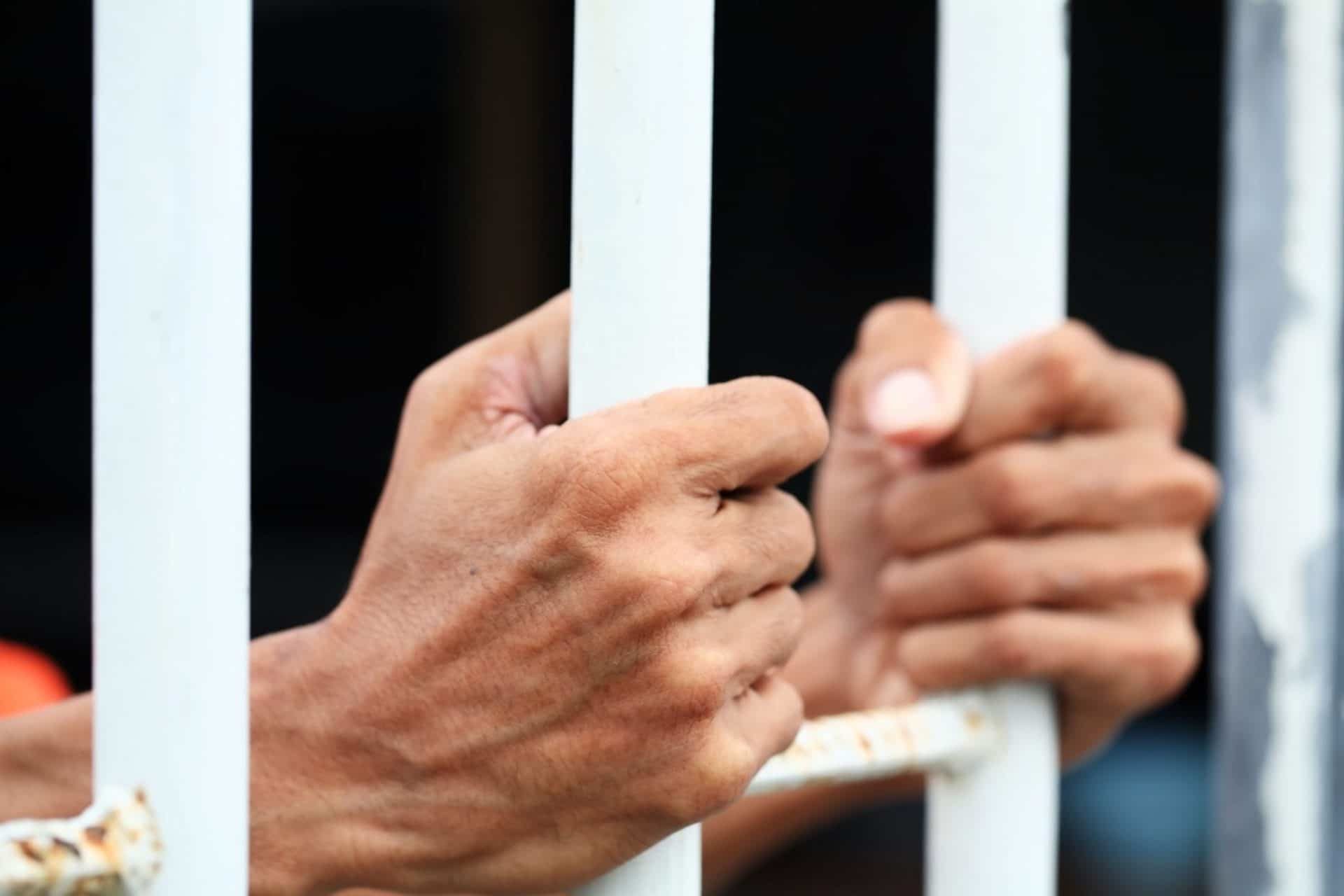Federal Charges for Domestic Violence in Illinois? It Can Happen
Domestic violence is a quite-serious offense that can be met with severe criminal and civil consequences. A domestic violence conviction can be life-changing, even for first-time offenders.
Crimes against family and household members are on the rise in Illinois and nationwide. Further, false accusations of domestic violence are also increasing – an estimated 700,000 wrongful domestic violence arrests occur annually.
Although domestic violence is ordinarily handled at a state level, it is sometimes prosecuted federally, which is more serious. Below, we take a look at what makes domestic violence a federal offense, and the consequences of federal prosecution.
What Constitutes Domestic Violence in Illinois
Legally speaking, domestic violence is a violent act committed against a family member or someone with whom the defendant has or had an intimate relationship. In this case, the charge is prosecuted not as assault, but rather as domestic violence.
As a rule, criminal domestic violence laws focus on physical harm, while civil domestic violence laws focus on emotional harm.
The Illinois Domestic Violence Act names the specific relationships covered by domestic violence laws:
- Spouse or former spouse
- Someone in a current or former dating relationship with the defendant
- A parent and child or step parent and step child
- Parents who have children together
- People related by blood through a child
- Blood relatives
- Current or former roommates
- A disabled or elderly adult and caregiver
This crime occurs when the defendant commits an act of violence against someone with whom they have one of the above relationships. In most cases, Illinois state courts prosecute the incidents as domestic battery and aggravated domestic battery.
However, there are some circumstances in which the crime falls under the jurisdiction – and namely the interest of – federal prosecutors.
So, what is it that could make your domestic violence offense a federal case?

When Domestic Violence Is a Federal Offense
In 1994, Congress passed the Violence Against Women Act to help criminal justice systems deal with certain domestic violence situations, and under federal law, it becomes a federal domestic violence crime any time the offender or victim(s) – or both – cross state lines.
The statute specifically requires the intent to commit domestic violence at the time of interstate travel and that a bodily injury has to have taken place, or the offender has caused an intimate partner or family member to cross state lines by force, coercion, duress, or fraud, during which or as a result of which, there is bodily harm to the victim.
Essentially, if the defendant travels to another state with the intent to commit domestic violence and bodily injury results, or if the victim is forced to flee across state lines, the case may be prosecuted federally.
It is also a federal crime to:
- Stalk or harass a victim by mail or computer
- Cross state lines with the intention to violate a protective order
- Cause the victim to cross state lines in violation of a protective order
- Possess a gun and/or ammunition when previously convicted of domestic violence
- Possess a gun and/or ammunition if the defendant has a protective order against them
If you have been federally charged with domestic violence in Illinois, and have questions about why, contact a domestic violence defense attorney for advice. Ultimately, these charges can be far more serious than state-level prosecution.
Why Is Federal Prosecution for Domestic Violence More Serious?
Federal domestic violence charges may be prosecuted at either the state or federal level. This is left to the discretion of federal courts. However, if your case does end up being prosecuted federally, this is not good news for a few reasons…
Federal investigations are more in-depth
Federal prosecutors have federal investigative agencies, such as the FBI, at their disposal. These federal agencies have more resources than local law enforcement, so you can expect a more thorough investigation that will likely be more difficult to defend against.
Mandatory minimums and sentencing guidelines
Federal courts are notorious for strictly enforced mandatory minimums. Moreover, federal judges are more likely to seek the maximum possible sentence for an offense. Even when guidelines are similar between state and federal courts, you can almost always expect a more severe sentence if prosecuted federally.
Federal inmates are ineligible for parole
Inmates at federal prisons are ineligible for parole. This means that the prison sentence you receive if convicted will be served out in full behind bars. Moreover, federal prisons are often far away from friends and family, making visitation more difficult.

Federal domestic violence charges should always be taken very seriously. If you find yourself facing these charges, it’s imperative to be proactive in fighting back to beat the charges against you, or you could wind up losing your freedom and quite possibly your family too.
About the Author:
Andrew M. Weisberg is a former felony prosecutor who now serves as a defense attorney in the greater Chicago area. He has extensive experience in handling all types of criminal cases, from sex offenses and domestic violence to retail theft-related crimes, murder, and drug crimes.







 Blog Home
Blog Home 










